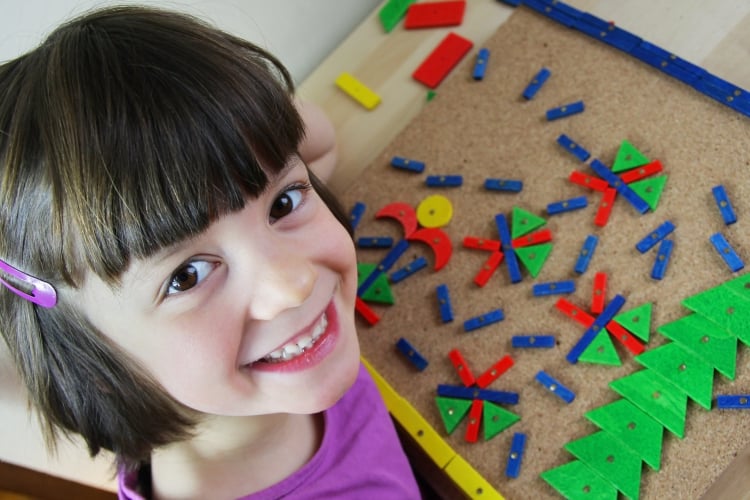Home Learning Activities
School isn’t the only place children can learn. At home learning creates lifelong memories and equips your children for success. Reading together at home can strengthen your relationship as well as your child’s reading skills.
At Read Smart, we understand the struggle parents face when their child has reading difficulties. That’s why we developed a proven system to help kids get ahead and stay ahead in their reading skills.
Children learn well at home where they have the freedom to create and discover the things that interest them. Here are some at home learning ideas for your elementary aged children.
Music
Encourage your elementary aged children to take music lessons, and cultivate an environment conducive for success if making music is something they enjoy. One music teacher encouraged parents of children taking lessons to foster their gifts by encouraging regular practice. Here’s how: take your child’s age and multiply it by two. That’s the length of time your child should practice their instrument five days a week. They can pick their two days off, giving them the opportunity to choose which days they practice weekly.
Fitness
Elementary aged children are full of energy and need physical activity. Take time to teach them fun ways to stay fit. Take a hike together, bike the neighborhood together, or swim at the lake or pool together. Kids can learn to jump rope, hopscotch, or play soccer right at home. With all the technology in today’s world leading many kids to a sedentary lifestyle, it’s even more important to get up and move with your children.
Creativity
Cultivate creativity in your elementary aged child by providing the raw materials for them that they need to create something amazing. Give them a stack of boxes, and see what creative thing they can make out of them. Supply endless hours of fun by providing building blocks like Legos® for them to create houses, cities, and even little cars. In the summertime, give your child access to your garden hose, and create water games together such as a slip and slide in your backyard.
Board games
Hours of fun can be enjoyed as you promote learning with your elementary aged children through board games or cards. Board games such as Monopoly can teach your children a host of things while they have a whole lot of fun. A deck of Uno cards can be used to classify colors: have your child separate the deck by color. Next, have your child separate the deck by placing the same numbers in a stack, and then arranging the numbers in order.
Garden
Children learn by doing, and a great way to learn about how food grows is to garden. Begin by shopping for seeds together, and preparing the soil of your garden. Continue by planting seeds and watering them regularly with your son or daughter. Next, weed the garden as needed, and watch your child learn patience as the vegetables are seen on the vine or plant, and need to stay there in order to be ready to be picked. Finally, enjoy the delicious treat a fresh salad can be—straight out of your garden!
Count
Counting can be fun, and it’s something you can engage your child in just about anywhere. If they grocery shop with you, have them count the number of items you’re buying. If their math skills are up to it, ask them to help you figure out which brand you should buy based on the price per ounce. Count the number of people in line at the checkout counter. Count the number of people on their sibling’s sports team. Count the number of cars at the red light in front of you.
Read aloud
There’s nothing quite as special as curling up in a cozy spot in your home with a good book and your children. Enjoy the adventure of reading together by picking books to read that will captivate your children’s attention, and bring learning right to their doorstep. Be dramatic as you read aloud to them. Before you turn a page, ask what your child thinks will happen next. Grasp their level of reading comprehension by asking questions about what you just read. Create space in your routine to read together, and work your way through unforgettable books.
At Read Smart, we help children get ahead and stay ahead in their reading. Get a free reading evaluation.





